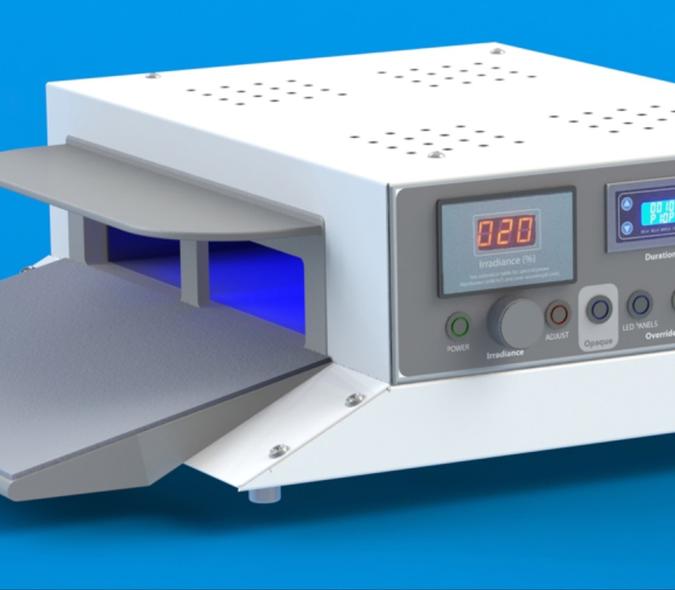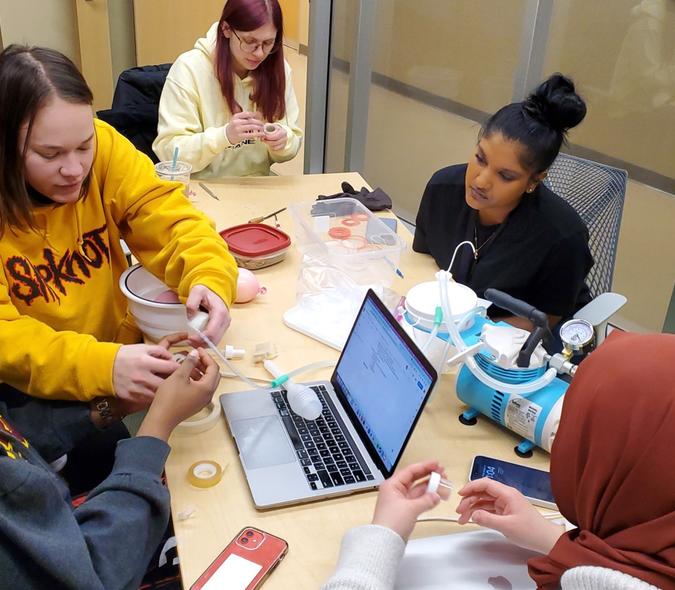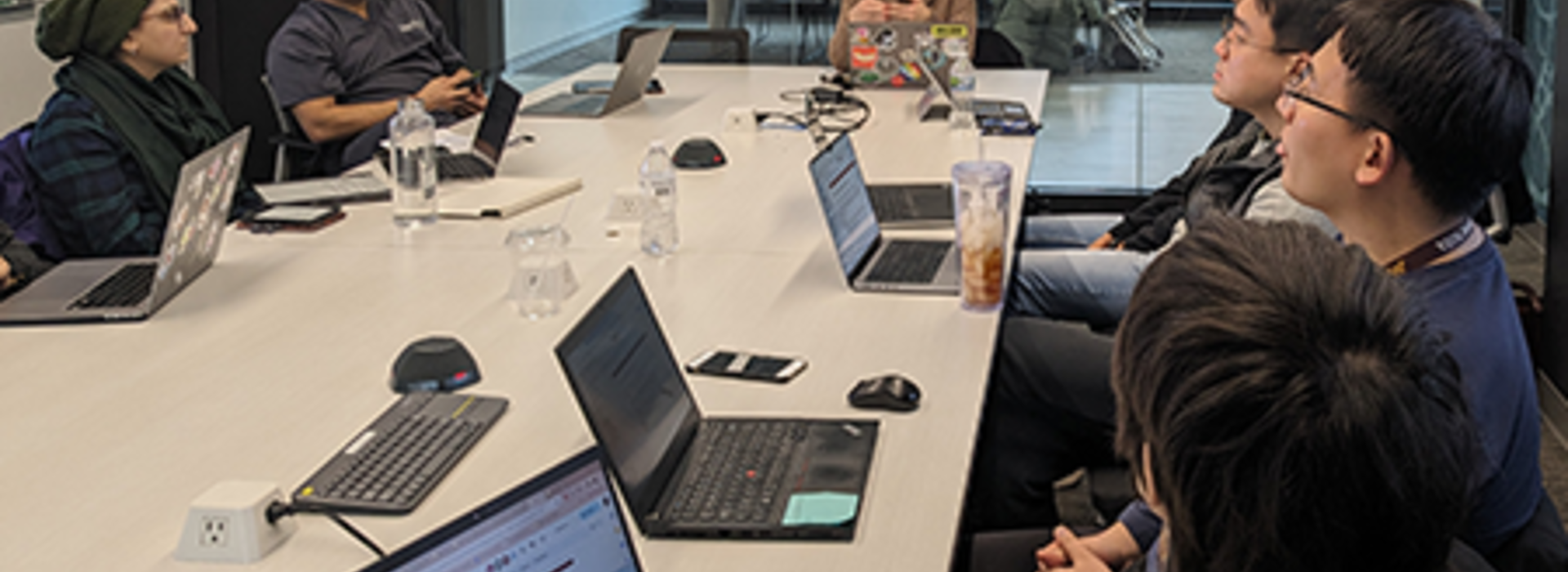
Getting Graduate Writing Right
This semester, twelve writers, one faculty member, and one editor (that’s me) are meeting every Thursday around a large table in a sunny classroom. The twelve writers range from a second-year PhD candidate to a faculty member, and their research spans the gamut of “engineering in medicine.” The writers hope to submit their research for publication by the end of the spring semester, and the goal of the Manuscript Writing Intensive Workshop is to help them do just that.
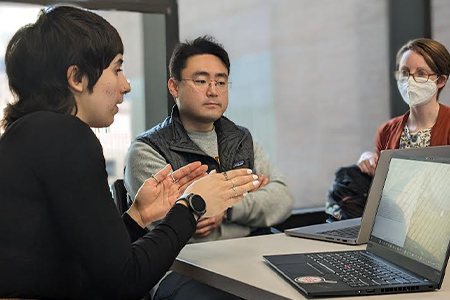
The Manuscript Writing Intensive Workshop was conceived in early 2023 as a way to help writers organize their thoughts, approach the task of writing confidently, and more quickly turn out publishable work. The small team of biomedical engineering professor Dr. Alena Talkachova, IEM senior editor Dr. Michael Lotti, and yours truly began crafting a plan to reach more students early in their writing process. We understood that writing is frequently a frustrating and intimidating process that can slow students’ path to publication – and, more importantly, the medical advances that can result from their research.
Our workshop has been built around five primary components (which are based on research 1, 2, 3 and our own experiences working with young writers):
- Structure and accountability to generate writing over a stretch of time
- Models of good and bad writing
- Direct instruction about how to organize research into an introduction, a methods section, and a results and discussion section – and to tell a story while doing so
- Support for creating quality figures
- Editing and proofreading assistance for the final product
Each Workshop session starts with time for students to reflect on their progress over the past week and make a plan for upcoming weeks. Class discussion follows, focusing mainly on the differences between well-written and less-well-written journal articles. The next portion of the Workshop is dedicated to direct instruction, where I spend this time explaining what should and should not go into each section of a journal article along with a few grammar topics. Dr. Talkachova also teaches the students how to create quality figures.
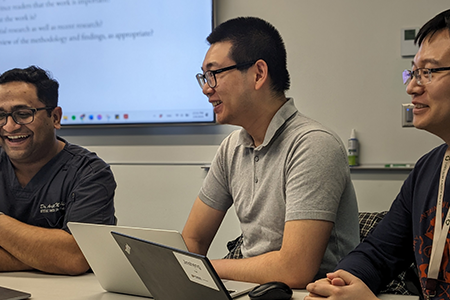
After the first three sessions, class time becomes more focused on students presenting their text and figures to the entire class for feedback. As the Workshop progresses, they also meet individually with Dr. Talkachova to discuss specific improvements and eventually send me their finished draft for editing.
The current Workshop is based on a pilot Workshop in the previous semester. While the pilot was well-received by the students, none had finished a draft by the last session. So this Workshop is more focused on demystifying the writing process and on goal-setting for writing. At the halfway point, 75% of the students reported having advanced drafts, so the new strategy seems to be working. Our goal is to continually refine the Workshop based on data and feedback. Because of the variety in our applicant pool, we may also develop a similar Workshop specifically tailored to junior faculty applying for grants.
If you would like more information on the Manuscript Writing Intensive Workshop or would like to apply for the Fall 2024 Workshop, please email ellenmorgan823@gmail.com or talkacal@umn.edu.
1Wendy Laura Belcher, “Reflections on Ten Years of Teaching Writing for Publication to Graduate Students and Junior Faculty,” Journal of Scholarly Publishing 40, no. 2 (January 2009): 184–200, https://doi.org/10.3138/jsp.40.2.184.
2Barbara W. Sarneck et al., “Doctoral Writing Workshops: A Pre-Registered, Randomized Controlled Trial,” Innovative Higher Education 47 (2021): 155–174, https://doi.org/10.1007/s10755-021-09574-6.
3Annie Rohan and Judith Fullerton, “Effects of a Programme to Advance Scholarly Writing,” The Clinical Teacher 16, no. 6 (2019): 580–584, https://doi.org/10.1111/tct.12979.


